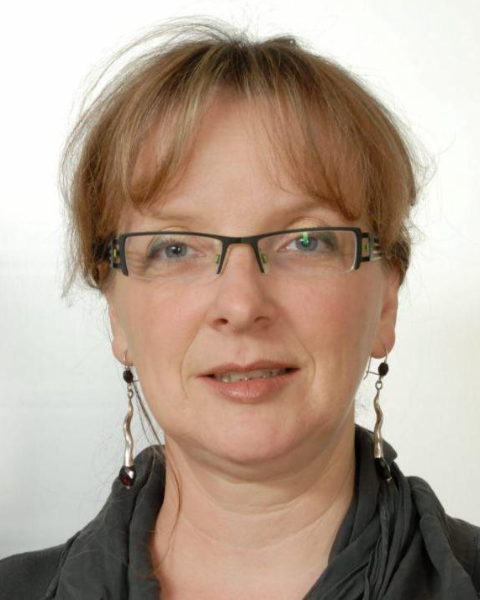Vector and Vector-borne Disease Management: A European Perspective Symposium I
Vector and Vector-borne Disease Management: A European Perspective Symposium I
212 - Integrated Mosquito Management (IMM) in Europe and the role of the European Mosquito Control Association
Thursday, March 6, 2025
8:30 AM - 8:45 AM AST
Location: 201
Abstract: Mosquito-borne diseases are an increasing public health concern in Europe, with a noticeable rise in locally acquired cases of illnesses during the period of 2010-2024, such as West Nile virus disease (7.726 cases), malaria (157), dengue (524), chikungunya (330), and Zika (3). Despite this increasing risk, in relation to the USA only few mosquito control professionals exist in Europe while the total budget for Integrated Mosquito Management is small. The European Mosquito Control Association (EMCA) plays a pivotal role in advancing IMM across the continent. Founded in 2000, EMCA brings together experts, researchers, and vector control professionals to share information, promote best practices, facilitate training, establish guidelines for mosquito control and advocate for evidence-based policies. Today the EMCA has 178 regular and 13 sustaining members in 32 European and 17 non-european countries with 27% and 53% of its members represented by vector control professionals and researchers, respectively. In 2022, 7 leading members of EMCA within a consortium of 15 institutions from 5 European countries won the 1rst Prize for epidemics of the European Innovation Council, worth 5 million Euros for developing an Early Warning System for Mosquito-borne Diseases (EYWA system). This prize reflects the high technology level on which mosquito control in Europe is based. Additionally, as a result of joint, multi-national collaborative efforts on best practices for mosquito control in Europe, in 2024 the EMCA released “Guidelines for mosquito control in built-up areas in Europe” which were supported by TDR/WHO. Taking Greece as a case study, (30% of the European WNV cases since 2010, 70% of the locally acquired malaria cases and 0% of autochthonous dengue cases), the project management for wide-area integrated mosquito control including i. Surveillance tools, ii. Predictive models, iii. Decision-support systems and iv. Open applications with citizen science functions, will be presented.

Sandra Gewehr, MSc, MSc (she/her/hers)
Director R&D
Ecodevelopment SA, Thessaloniki, Greece

